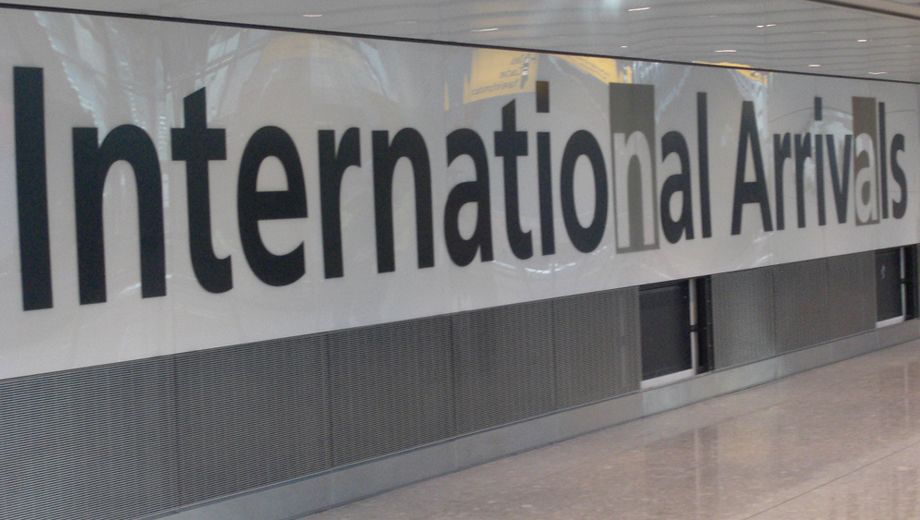The UK government is considering proposals to hike up the taxes for flying to Heathrow and other airports in the southeast of England -- again.
UK Transport Minister Theresa Villiers said, "It is not inconceivable that our tax reform might look at a higher tax to fly from congested southeast airports." Anyone who remembers the classic British political satire Yes, Minister will know that "it is not inconceivable" means "unless people shout too much about this, it's a done deal".
It seems like only yesterday that Australian Business Traveller wrote about the last jump in UK air taxes when Air Passenger Duty (APD) rose in November, but this proposal would load even even more taxes on top.
Opinion: how does this stack up?
It's difficult to see how the economics (or practicalities) of this move stack up, with the new-in-2010 UK coalition government having ruled out an expansion of Gatwick, London's second airport and main potential competitor to Heathrow.
Changing behaviour by price control is a classic piece of "nudge" economics, the newest fad in the halls of the UK Treasury. This sort of economics is all very well in theory, but in practice it's a little more complicated. Whether it will work -- or simply drive passengers to connect to the UK from other cities in Europe that don't impose similar taxes -- has yet to be seen.
The problems at Heathrow are clear to anybody flying in -- and not just when a couple of centimetres of snow have fallen. Heathrow's cramped site holds only two runways, compared with six in Amsterdam, four at Paris CDG, and three in Frankfurt, Singapore or Sydney. Dallas and Chicago O'Hare have nine. Efforts to build further runways at Heathrow have continually run into local opposition.
Birmingham airport has been suggested as an overflow airport to Heathrow, but it is 160 km away without direct public transport links, has a single short runway and is just as difficult to expand as Heathrow.
In response to the new proposals, a spokesman for BAA, Heathrow's owner, said, "We already have the highest aviation tax in the world and if we are looking at increasing taxes on Heathrow -- the UK's only hub airport -- we will simply make the country less competitive."
Emirates is probably looking at this proposal with glee, since the UAE-based airline already has direct flights from its Dubai hub to Glasgow, Newcastle, Manchester, and Birmingham in addition to Heathrow and Gatwick. Increasing capacity on these routes -- and Emirates already flies an A380 to Manchester -- is good business sense.
UK taxes are already expensive
Long-haul business and first class tickets from the UK are already socked with the £170 Air Passenger Duty (about AU$265), the highest in the world. Corporate travel is competitive (and highly price elastic), and the £170 can often be the tipping point on a travel decision.
Some business travellers get around the tax by planning their European itineraries carefully and flying to other European airports on a separate ticket before connecting to the UK.
Do you have tips and tricks for getting around the UK's Air Passenger Duty? Found any secret APD loopholes? Let us know in the comments.

19 Dec 2011
Total posts 48
i always fly into amsterdam if possible, it seems to have much lower taxes & I assume, fees than heathrow (on a business class seat can be $500-$600 difference), next choice is frankfurt which is between heathrow & amsterdam in taxes & fees.(surprisingly malaysian seems to ignore the difference & alone among the airlines I fly, price london & amsterdam the same)
from amsterdam I catch a ba flight to the london city airport which cost around $100 & I avoid heathrow completely & it brings me into the heart of the city. I also avoid the 20 pounds or so for the heathrow express not to even mention the taxi fares. I like amsterdam as a city & it has great train connections to dusseldorf. I have stayed in an amsterdam hotel & commuted each day to london or dusseldorf.
Hi Guest, join in the discussion on Even more taxes to fly to Heathrow?